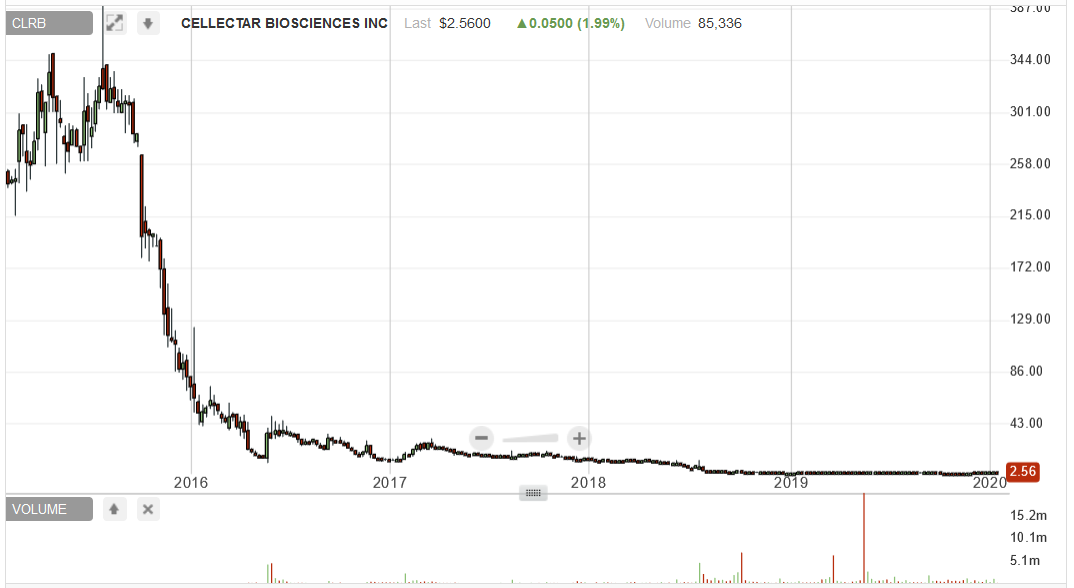Intro:
A quick look at CETX’s price action over the last twelve months will reveal a “bumpy” downward slope. We believe the present time is yet another “bump” in this ticker’s continued yet prolonged southward trajectory. In this short report we will be analysing some of the red flags investors and traders ought to be aware of, such as: securities class action lawsuits, worsening financials, dilution and a couple of institutional shareholders with some potential skeletons in their closet.
Security Details:
Symbol: CETX
Current price: ~$3.30
Outstanding shares: 3,962,790
Market Cap: ~$13 million
Company information:
CETX was first incorporated over two decades ago and describes itself as a “diversified technology company that’s driving innovation in a wide range of sectors, including smart technology, virtual and augmented realities, digital technology solutions, industrial solutions, and intelligent security systems” and a “world leading multi-industry technology company”. They claim their business has “evolved through strategic acquisitions”.
Unfortunately, the company’s recent legal track record is not befitting of the above description. On February 24, 2017 three securities class action complaints were filed against the company and certain of its executive officers. They ended up settling them out of court for the sum of $725,000 (1).

Needless to say, one should always be wary of companies that pay hundreds of thousands of dollars to settle securities laws related violations out of court. Especially since both the CEO, Saagar Govil and the CFO, Aron Govil have been part of management since 2015.
Recent News:
Financial Highlights:

CETX’s financials are not the most encouraging. Its yearly revenue fell from $90 million in 2018 to less than $40 million in 2019, while net losses increased from $9.2 million to $22.4 million. Strangely enough, total liabilities decreased from $32 million to $15.6 million… and the number of outstanding shares decreased from nearly 13 million shares to just under 4 million shares. This is a pretty clear indication that the company carried out a reverse split, to be more precise a 1-to-8 reverse split on June 13, 2019 (2) . A reverse split is often the precursor to dilution. In fact, CETX issued at least 2.9 million shares over the course of 2019. A fair amount of this stock was sold a couple of weeks after the reverse split took place, in July 2019, when the company announced a $500,000 offering (224,215 shares at $2,23 per share) to an accredited investor (3).

Another fair number of shares were issued in early December 2019, when the company sold an additional $370,000 worth of shares (338,398 shares at $1.12 per share) to an accredited investor (4).

It is rather alarming when one considers that within less than six months, the price per share between these two offerings fell by nearly 50%. We will know take a look at a couple of shareholders that got involved with CETX over this time period and point out some concerning findings.
Shareholder No 1, Iliad Research and Trading LP:
First up we have got Iliad Research and Trading LP, which filed a schedule 13G on June 19, 2019 (5). This fund is no stranger to dubious tickers. For example, in our INPX short report which was published ten days ago, we highlighted how Iliad along with its affiliates entered into note purchase agreements that allowed them to obtain over 65 million shares of INPX common stock during the last three months of 2019 at an average price of less than $0.06 per share. INPX then went on to experience a seventeen-fold price increase followed by an 87% decrease over a three-week period. For more details here is a link to said short report.
There are other instances when Iliad has been involved with suspect tickers. According to our Asgard database (a proprietary database and stock selection tool), these tickers include: CV Sciences (CVSI), Netlist (NLST) and NovaBay Pharma (NBY). These tickers have experienced long term decreases in their share price characterised by high levels of volatility.
Shareholder No 2, Intracoastal Capital LLC:
Next up is Intracoastal Capital LLC. It filed a schedule 13G on July 1, 2019 (6). This fund is also well acquainted with “colourful” tickers. It has been involved with Riot Blockchain (RIOT) and Marathon Patent (MARA), companies now infamous due to their strong links to the alleged Frost/Honig/Brauser pump and dump ring. As a result of its involvement with these tickers, Intracoastal has likely raked in millions of dollars (7) (8). Furthermore, according to our Asgard database (a proprietary database and stock selection tool), Iliad has been involved with other suspect tickers, such as: BIOC, CLRB, RKDA and others, all of which exhibit the same historical price action: a prolonged downward trend with “bumps” along the way. Below are the 5-year price charts of said tickers.



Red Flags:

Opinion:
CETX is not a good investment. The combination of worsening financials, dilution, revere splits, management that has settled securities class action lawsuits for hundreds of thousands of dollars and shareholders that have been involved with other dubious tickers, should give any investor/trader reasons to be wary. Stay away from this ticker unless you are an experienced trader.
If you found this short report useful please consider signing up for our premium service. You will receive our short reports directly to your email before they are published on our website and will also gain access to a due diligence, research and trading chatroom.
- https://sec.report/Document/0001493152-20-000576/#gg_003
- https://sec.report/Document/0001493152-19-009062/
- https://sec.report/Document/0001493152-19-009980/
- https://sec.report/Document/0001493152-19-018784/
- https://sec.report/Document/0001567619-19-013717/
- https://sec.report/Document/0001213900-19-012433/
- http://sharesleuth.com/investigations/2018/09/cool-mara-riot-part-two-securities-fraud-case-against-south-florida-group-reverberates-through-additional-companies
- http://sharesleuth.com/investigations/2018/07/cool-mara-riot-the-big-money-bitcoin-biotech-daisy-chain



1 comment